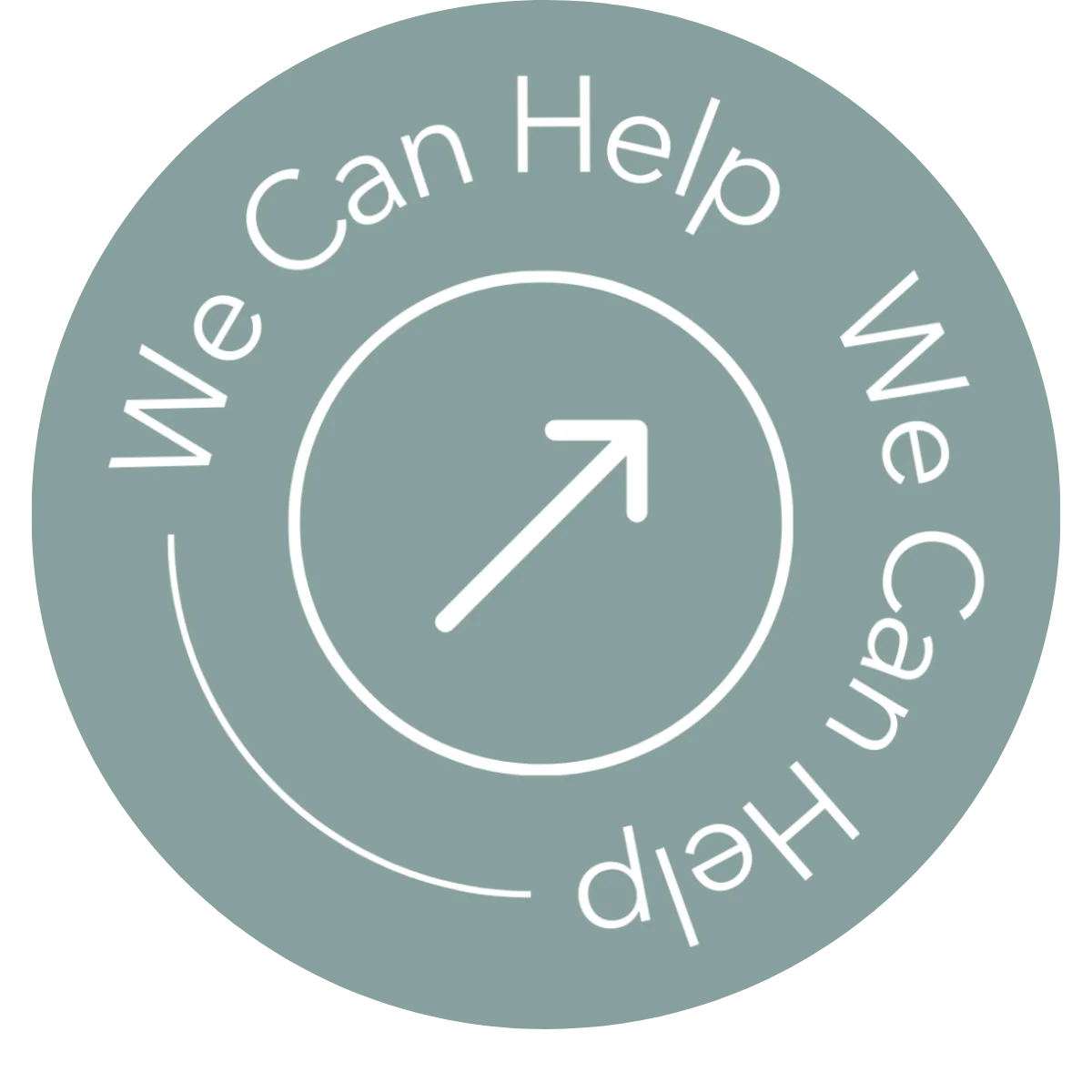6 Tips for Surviving Social Distancing
Humans are social beings, which makes the concept of social distancing amidst the COVID-19 outbreak difficult for many of us. This unwelcome isolation can lead to feelings of loneliness, anxiousness and even depression. During this time of uncertainty, we are each carrying an even heavier load of stress and fear. As we adjust to disrupted schedules and a whole new norm surrounding day to day life, the human connection and social support that is vital to our mental health and happiness, is strained to say the least. It is important to remember, your emotional health is just as important as your physical health.
Here are a few ways to protect your emotional health by maintaining social connection amid social distancing:
1. Use Visual Technology Tools
Texts and phone calls are a great way to stay connected with friends and family, but consider the benefit of tools like Facetime and Zoom that allow you to make eye contact and read body language. The visual aspect can add another level of closeness and connection, especially for children, who often have trouble staying engaged in audio conversations.
2. Nurture Relationships at Home
Don’t forget about those that live with you. Your spouse, your kids, your roommate; the haste of day to day life often takes away from those connections. This is a great opportunity to devote time to nurturing the relationships that can often be taken for granted. Sit down for a meal together, play a game, go for a walk, or just talk about your feelings.
3. Connect With Others Via Social Media
For all the critics who say that social media is an inauthentic form of connection, it can still be a positive way to form and maintain relationships. Comment words of encouragement, send direct messages to check in on friends and family, share photos and funny stories; just make sure you don’t give in to negative interactions and feelings of inadequacy.
4. Help Those Around You
Showing compassion in times of stress and uncertainty isn’t just valuable for the mental and emotional health of others; it’s good for your own. Reach out to friends, family and neighbors in need, such as the elderly or the immunocompromised. Ask them what they need and what you can do for them, such as picking up groceries, meals or prescriptions. Then drop them off at their doorstep with a hand written note.
5. Stay Active
Many organizations are making an effort to go virtual and ensure that people are able to continue with things like fitness, spiritual services, physical and mental health treatment and more. If spirituality is a big part of your life, make an effort to continue this practice by seeking out a church or organization that offers online content or meetings. If group meetings are important to you, find one that meets virtually or keep in touch with members of your own group on a regular basis. Fitness studios are offering virtual practices and, most importantly, your doctors and clinicians are making an effort to reach you wherever you are. Telehealth appointments are available at Ethos Behavioral Health Group locations including The Lovett Center, The Prism Center and Ethos Wellness locations for individual, group and family sessions. Don’t discontinue treatment in a time when it may be most needed, and consider seeking help if you’re finding it hard to cope on your own. Tap here for more information on virtual therapy appointments.
6. Follow Routines, Set Accountability and Touch-Base Regularly
It can be hard to enact social connection in ways that you’re not used to in your daily life. One way to make sure you maintain contact with others is to get back on a daily routine and set goals for social interaction. You can also find a friend or family member with similar interests or resolutions, whether it’s fitness, healthy eating, gardening, or reading; touch base every day, share tips, tricks, problems and successes, challenge each other and hold each other accountable.
Ethos Behavioral Health Group Clinician and Chief Operations Officer Ceci Hudson Torn has led an exemplary, long-spanning career in mental health and finance and holds customer-centered care at the heart of her work. Find out more about Ceci and the rest of the Ethos management team here.


